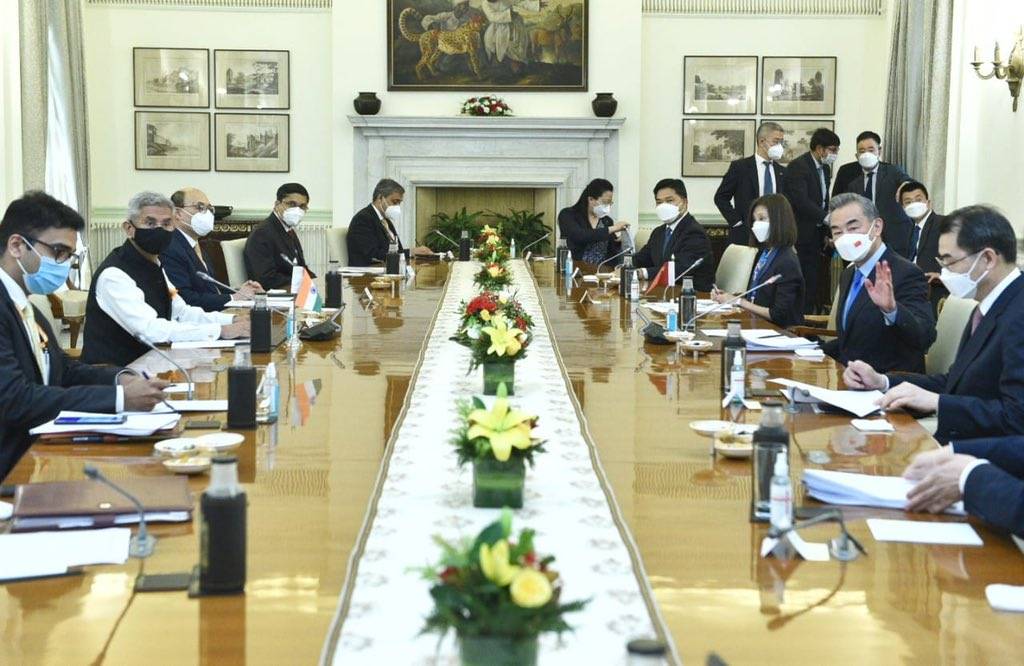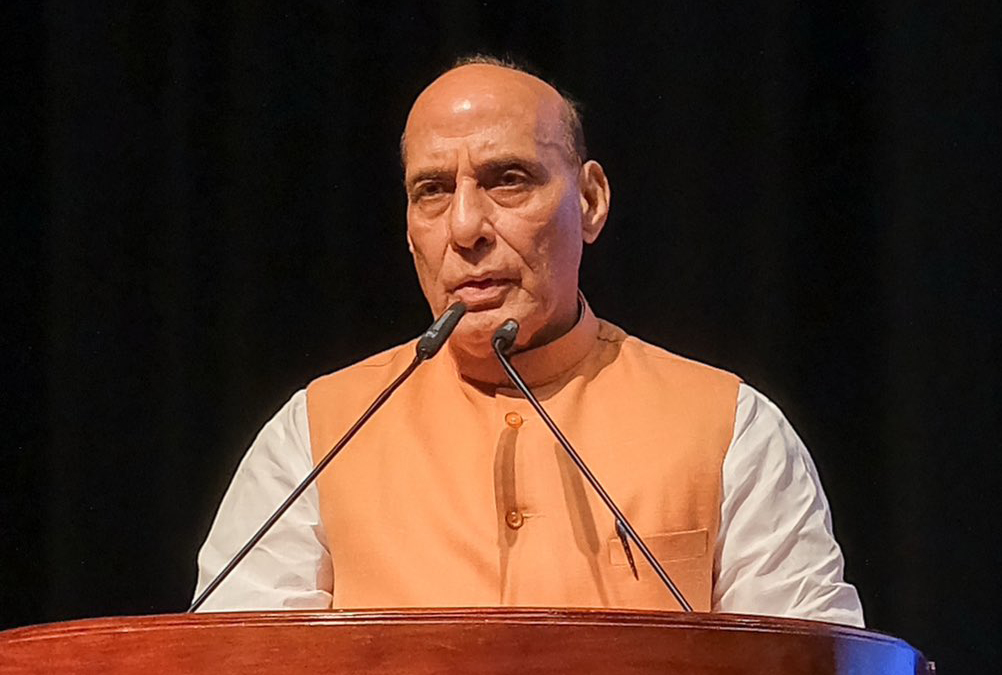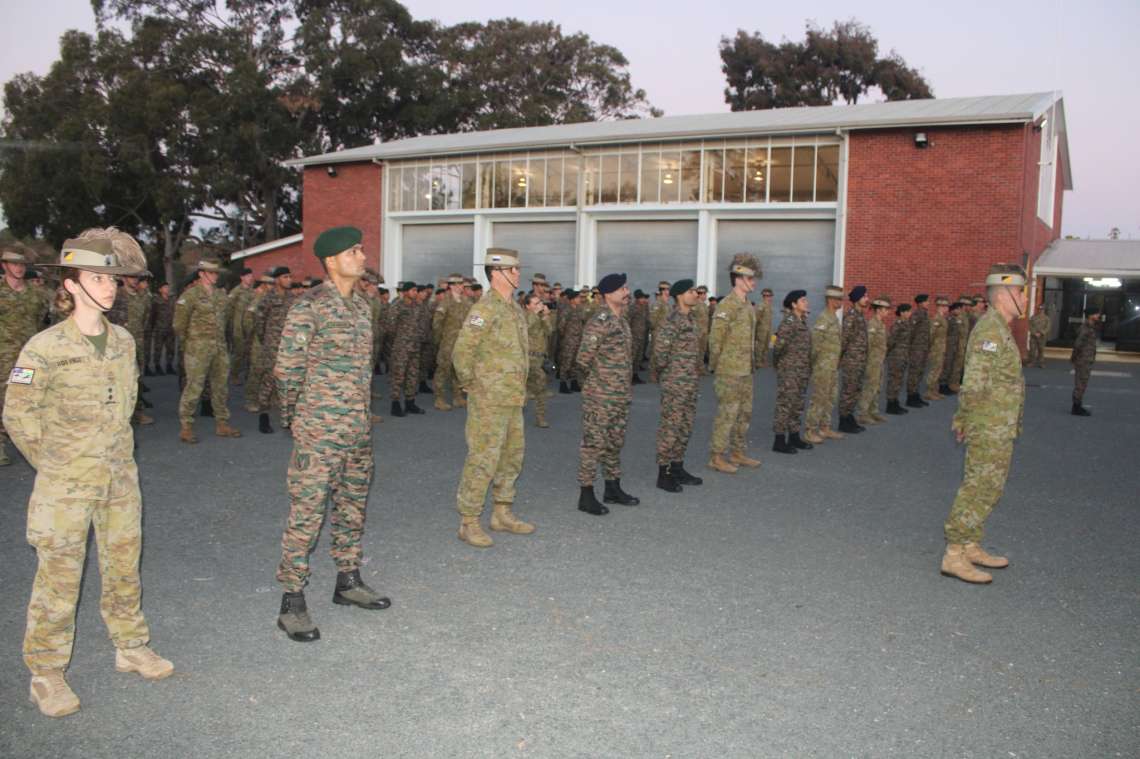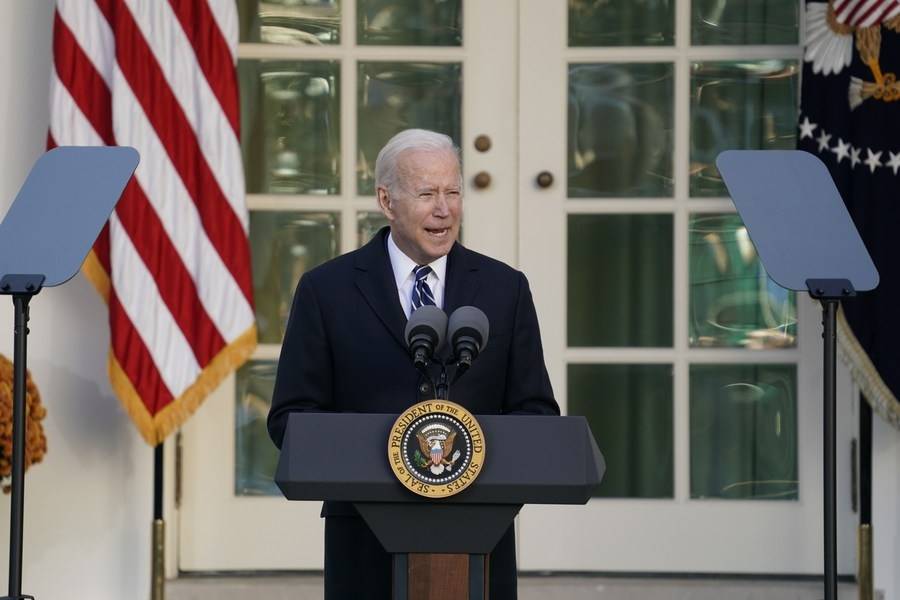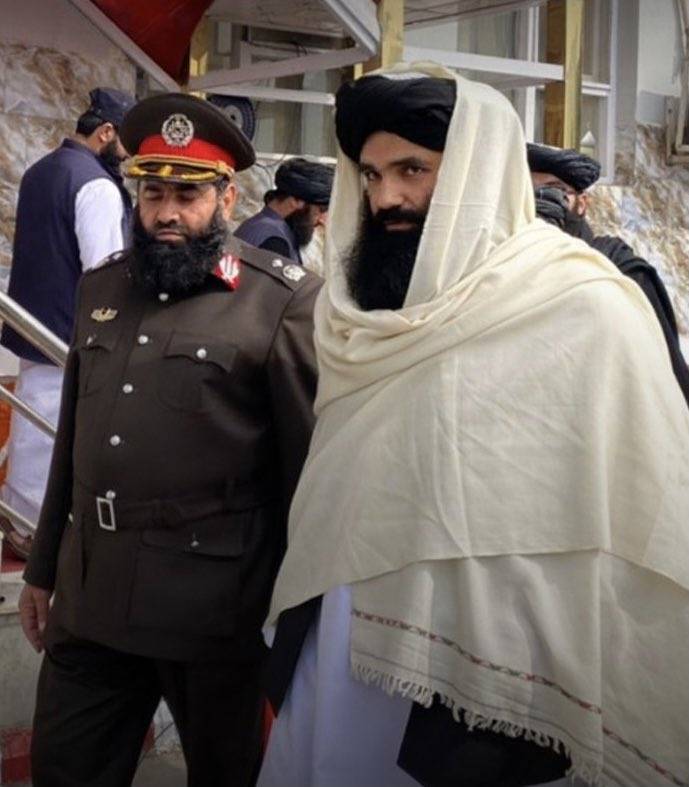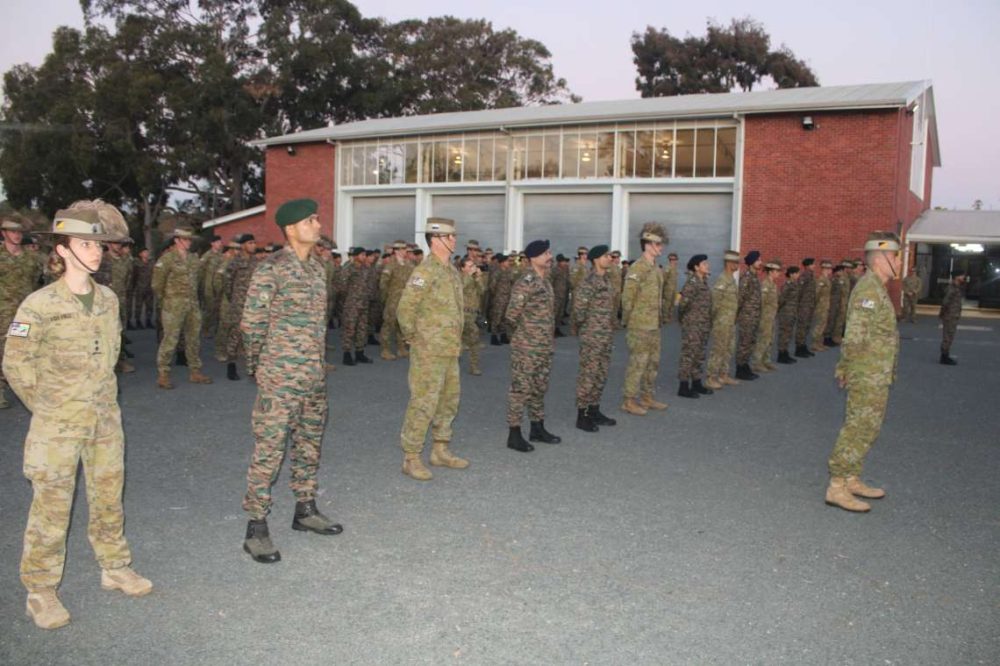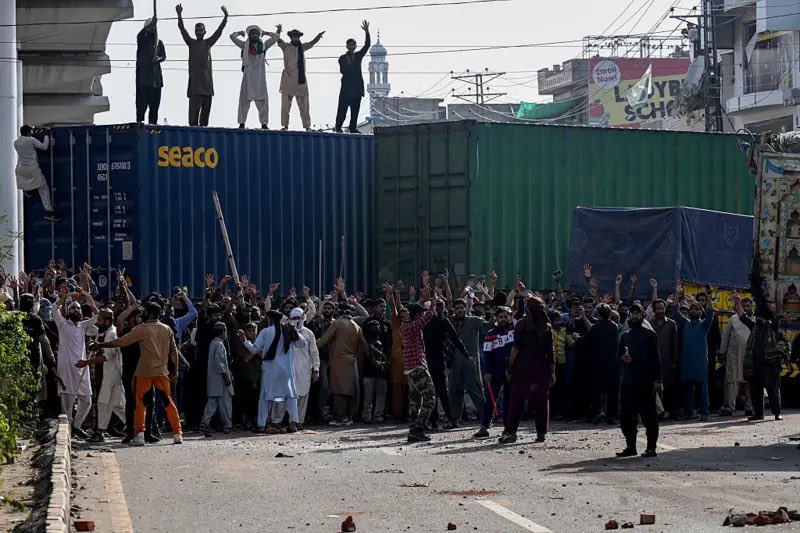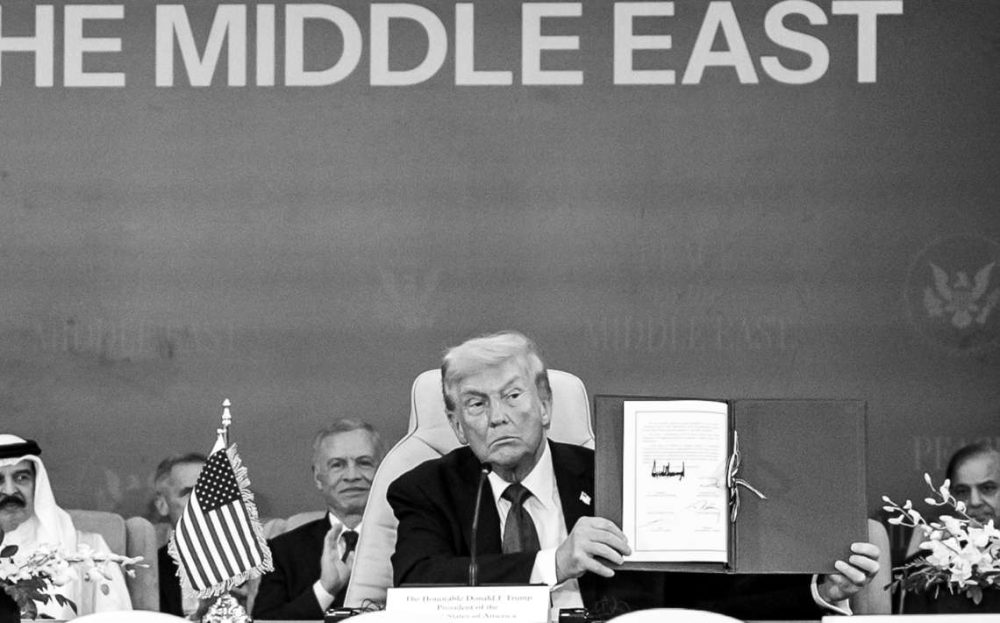Rather than come to an accommodation with India based on mutual respect and interests, CCP General Secretary Xi and his trusted aides such as Foreign Minister Wang Yi have worked ceaselessly in efforts at preventing the rise of India, and indeed, in seeking a meltdown of the country as desired by GHQ Rawalpindi, writes Prof. Madhav Nalapat
CCP General Secretary Xi Jinping’s handpicked undiplomatic and hectoring Foreign Minister, Wang Yi, arrived and exited India this week. For Xi, domestic politics are front and centre in this year, when he expects to be confirmed as General Secretary for life by the CCP. The purpose of Wang Yi’s unofficial stopover was to enbed to Chinese Communist Party cadres the fiction that under Xi Jinping, relations with India remained normal. The fact that the PRC trade surplus with India has reached levels not regarded as possible just two years ago has been put forward by Team Xi as illustrating his point that no matter how aggressive the PRC may be in transgressing the sovereignty and territorial integrity of India, Beijing’s hold over the commercial aspects of the Sino-Indian relationship remains impregnable.
Meanwhile, Xi’s Beijing appears to have no limit on its hunger for fresh territory on land and sea. This is despite the Peoples Republic of China under Chairman Mao Zedong having seized control of more than double the territory that had been ruled from Beijing in the pre-CCP period, whether these be KMT or Imperial rule. The PRC will pay a heavy geopolitical cost for having alienated the only other country with a billion plus population on the planet, and increasingly, individuals within the CCP leadership circles are beginning to understand this fact. There is a growing perception within the CCP that Xi Jinping has, by his actions and policies, lost the friendship of India, and may now be on track to lose the friendship of the Russian Federation as well. This is through Xi and those under him trying to be all things to all people.

In the Ukrainian case, to both the Russia-targeting members of NATO as well as to a Russia that is under siege for the crime of choosing Vladimir Putin rather than a Boris Yeltsin or Gorbachev clone as the leader of the world’s largest country by far. After Xi having first delighted NATO by being neutral in the first UNSC vote after the 24 February 2022 Special Military Operation (aka invasion) of Ukraine by Russia, a perception is growing in that country that Xi remains far from committed to the “Limitless Partnership” that he had proclaimed in the presence of President Putin shortly before the Russian military moved in force to create a new geographical realty in Ukraine. According to Wang Yi, it was entirely coincidental that the invasion began almost immediately after the Beijing Winter Olympics ended. This while from the military point of view, it would have been preferable to have launched it three weeks earlier than 24 February, when the preparedness of the irregular forces that have since 2015 been trained and equipped by NATO to fight Russian forces by NATO ( a la Afghanistan circa 1980s).
MISTAKES DONE BY PAST GOVERNMENTS
India under Modi has understood the error made in the past by previous governments. This was to constantly support the case of Communist China in international fora even against the Indian interest. This led to such anomalies as India backing the PRC within the UN in its claim for the permanent seat in the UN Security Council even during the period in 1962 when the PLA was attacking this country on a broad front. The attack was in contempt of international laws on sovereignty and territorial integrity, a flouting of international norms that is especially visible in the present era, when Xi Jinping has taken control of the CCP to a level possibly greater than that ever exercised by Chairman Mao, the creator of the PRC, or by Deng Xiaoping, the architect of Economic Superpower China. Rather than come to an accommodation with India based on mutual respect and interests, CCP General Secretary Xi and his trusted aides such as Foreign Minister Wang Yi have worked ceaselessly in efforts at preventing the rise of India, and indeed, in seeking a meltdown of the country as desired by GHQ Rawalpindi.

Under Xi, the Sino-Wahabi alliance has progressed in spectacular fashion, and this was on display in the days preceding the PRC Foreign Minister’s unofficial visit to India. Wang’s stopover was unannounced by the host country, although media outlets across the world spoke of the “game changing” and “immense significance” of the “first visit by the Chinese FM to India since the pandemic”. Wang Yi had chosen to visit Afghanistan and Pakistan while making repeated attempts to procure an official invitation to visit India, a hostile act with clarity of intent. Wang Yi’s public embrace of the Two Nation theory in Pakistan has seriously weakened the PRC claim to Xinjiang and Tibet, which have a Muslim and a Buddhist majority despite decades of demographic change through the importatation of Han into both.
ALSO READ: President Biden, India is not shaky, your base is
Given the mating calls that foreign ministers belonging to NATO have been making to the PRC, it would appear that such open backing to extremist elements by the CCP leadership under Xi is of as little consequence as the fact that GHQ Rawalpindi assisted Taliban and other anti-western fighters to kill NATO troops in Afghanistan over the entire 20-year period of the battle waged by NATO since 2021.This was to rid Afghanistan of extremist militias that ended with its surrender to them in 2022. The problem facing the Office of the General Secretary of the CCP is that the only force that Xi has relied on (the Pakistan military) is rapidly losing public respect in the country. Whether it be Baloch, Sindhis, Pashtuns or Shia, there is rising dissatisfaction with the stifling control of the Pakistan military over the civilian establishment, anger that is erupting into open confrontation across several locations. This is putting Xi’s signature policy, the CPEC, at risk. In much the same way, the consequences of the war being waged by NATO against the Russian Federation is putting at risk much of the immense investments made by the PRC in Belt & Road projects across Eurasia. What was once seen as a masterstroke is now looking like a trillion-dollar gamble going wrong.
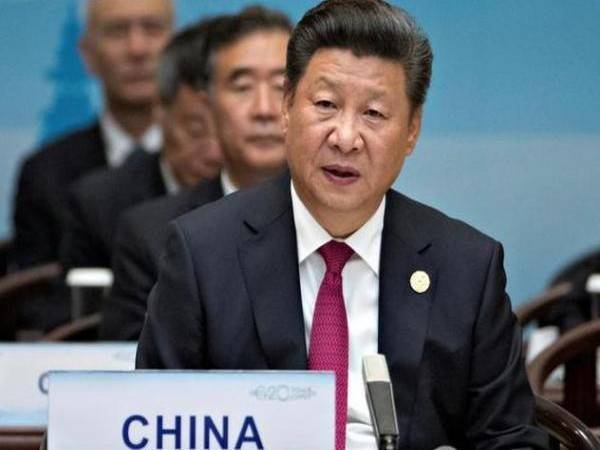
MATTERS ARE FAR FROM ‘NORMAL’
There is public concern, and even anger in many, at the fact that Wang Yi was permitted to come to India and hold meetings with NSA Ajit Doval and EAM S. Jaishankar. Both are known to be very close to Prime Minister Narendra Modi, and such feelings are getting diverted to him. The view from South Block is that such opposition to hosting him and giving him the opportunity to meet two of the team closest to PM Modi is different. It is that the visit provided an opportunity to demonstrate to Wang that matters are far from “normal” and that the Rs 103 billion dollar trade surplus that China now has with India does not indicate that it is, or can be, “business as usual”. Once the PRC Foreign Minister decided to throw protocol and diplomatic practice to the winds by arriving in Delhi on what was technically a non-official visit, the choice within South Block, in the view of those long part of its power elite, was prevent or ignore his presence, an action that global chancelleries may interpret as petulance.
In contrast to Wang Yi’s tours in western capitals, where his hosts compete with each other in efforts at kowtowing to the VIP personage from the PRC, Prime Minister Modi declined to spare time from his schedule to meet the visitor from the PRC. Wang Yi is known to be a “hawk” on India, and has long been supportive of the many moves made by GHQ Rawalpindi in their unceasing quest to “melt down Hindustan”. Not only is Wang no friend of India, his itinerary prior to the landing of his aircraft in the technical area of Palam demonstrates the closeness of the regime he represents to forces that have long been a threat to international security. Given their reputation for politeness, EAM Jaishankar and NSA Doval, agreed to meet with the visitor. Both meetings were used by them to make clear to Foreign Minister Wang Yi that India expects the Chinese side to ensure a full return to the pre-2020 position across the Line of Actual Control. Attempts by this known foe of India to talk of “strengthening the Russia-India China triangle” and other such cosmetic issues would have been politely but firmly countered with a clear message.
This was from PM Modi, and was that until China ensured a return to the pre-2020 position on the LAC and showed through action on the ground that it had changed course from foe to friend where India was concerned, the situation between India and China could never be “normal”. Doval and Jaishankar showed how successive Red Lines had been crossed by the PRC, especially during the period since Xi Jinping assumed control of the CCP. Civilities were shown to Foreign Minister Wang Yi, in large part because of the fact that China despite its historical and atheistic rulers remains a great civilisation. It is similar to India in having a tradition that spans several millenia. More than anybody else, it is the Chinese people who are not being best served by the aggressive policies being pursued by the current leadership. Such policies are getting framed by Xi as a consequence of the inflammatory counsel of individuals such as State Councillor Wang Yi.

The visiting Foreign Minister appears to have been in raptures at the joy of meeting soulmates such as the generals in Pakistan and the Taliban leadership. There is little doubt that Xi Jinping has lost the trust of the Indian people, as well as any confidence that he can be sincere in his overtures of friendship. After Team Xi’s dallying with NATO leaders, Vladimir Putin must have understood the fragility of the fulsome promises of limitless support given by Xi to him before the invasion of Ukraine. It is hardly known that Russia under Putin sought to join NATO and the EU multiple times, but after a while, understood that what that alliance sought was the permanent submission of the Russian Federation to the commands of the rest of Europe and their transatlantic partners. There are reports that the Wang Yi visit was because of “pressure from Putin”
In reality, the stopover in India was because of pressure from elements in the CCP that are alarmed at the way in which Xi has alienated India, and their fear that Team Xi may in future similarly cause a rupture in relations with Moscow, especially now that it is under siege. So far as the US is concerned, it is only a matter of time before what may be termed the present friendly outreach policy of the Biden administration towards Xi Jinping gets replaced with a construct that is aligned not with PRC but with US interests. There was no more passionate admirer of Xi Jinping in early 2017 than President Donald J. Trump, as numerous statements and tweets of his at the time would indicate. Trump finally read the tea leaves correctly where the PRC was concerned, and so will President Biden.
Meanwhile, rather than be “shaky” in the fashion described by him, India led by PM Modi has once again shown that the country knows the proper way to deal with those who are among the main planners of an expansionist leadership in Beijing that is out to replace the now faded hegemony of the US with that of its own. The brief but significant Wang Yi visit to India this week will enter the annals of diplomatic practice as a case study in how to handle dignitaries with aspirations to global hegemony in a polite but clearly disapproving manner.


